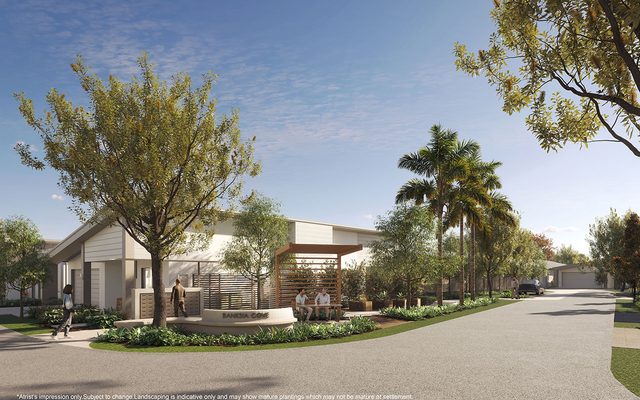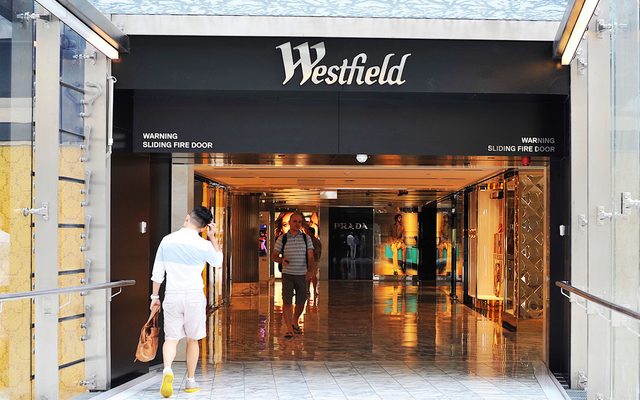This article is from the Australian Property Journal archive
GPT has turned a full circle after putting in place a stabilisation and clean up strategy. CEO Michael Cameron said the group is on track to being Australia’s best performing property group, which is a far cry from the trouble it was facing just over 12 months ago.
GPT announced an operating income of $205.8 million for the six months to June 30, up 12.5% from $168.5 million and a cash distribution of 7.6 cents per security for the half compared to 12.5 cps.
The group’s AIFRS adjusted result was a net profit of $145.2 million statutory compared to a loss of $1.19 billion in the previous half.
CEO Michael Cameron, who took the helm in April last year, said GPT was on track to being Australia’s best performing property group.
“We set ourselves a number of goals in August 2009 aimed at reinvigorating GPT. I am pleased to report that, as a result of a successful scorecard over the last year, we have rapidly moved through the clean up and stabilisation phases of our strategy.
“Rob Ferguson, our new Chairman, is in place, and renewal of the Board and management has been achieved,” he added.
Cameron said GPT is now in a very stable position.
“In the first half of this year we completed a security consolidation, established new debt lines, grew our wholesale funds and increased our focus on driving returns from the business. As a result of the significant progress made on non-core divestments, the asset sale program is largely complete and the core Australian portfolio now represents over 90% of investments,” he continued.
Chief financial officer Michael O’Brien said the group has reduced its forecast average cost of debt and yesterday GPT secured $800 million of new or extended debt lines secured at margins averaging just over 200 basis points and a long average duration of the facilities, including what is believed to be the Australian REIT sector’s first seven-year bank loan.
The group recorded comparable income growth of 3.8% across the core portfolios (Retail 4.0%, Office 3.9%, Industrial/Business Parks 2.2%). Meanwhile total assets increased from $9.16 billion to $9.47 billion. Net tangible assets eased slightly from $3.46 to $3.45. Gearing increased from 23.6% to 25.5%.
Cameron yesterday said the group has approximately $700 million of non-core assets remaining for sale including the Ayers Rock Resort ($300 million); US Seniors Housing ($204.6 million); Remaining Homemaker City Portfolio ($193.2 million).
However, he said GPT is not in a hurry to offload the properties and will wait for the right price.
Meanwhile Cameron said GPT is not interested in buying the $600 million Top Ryde Shopping Centre from John Neville.
Instead he said the group’s immediate focus is on continuing to close the gap between GPT’s security price and Net Tangible Assets per security.
The group’s near term focus is to achieve average earnings per security growth of greater than CPI plus 1% per annum (over 3 years), with long term results providing a total return in excess of 9%.
“We entered 2010 with our 2009 objectives achieved. With the clean up and stabilisation phases of our strategic journey complete, the next step is optimisation and ultimately best performance.
“We’re reducing our cost of debt and delivering cost efficiencies, which together with quality assets, stabilising valuations and focused management, are translating to consistent returns for investors,” he added.
Cameron has lifted guidance for 2010 and expects operating income to exceed $400 million with a distribution of at least 15.9 cents per ordinary security.
Australian Property Journal



